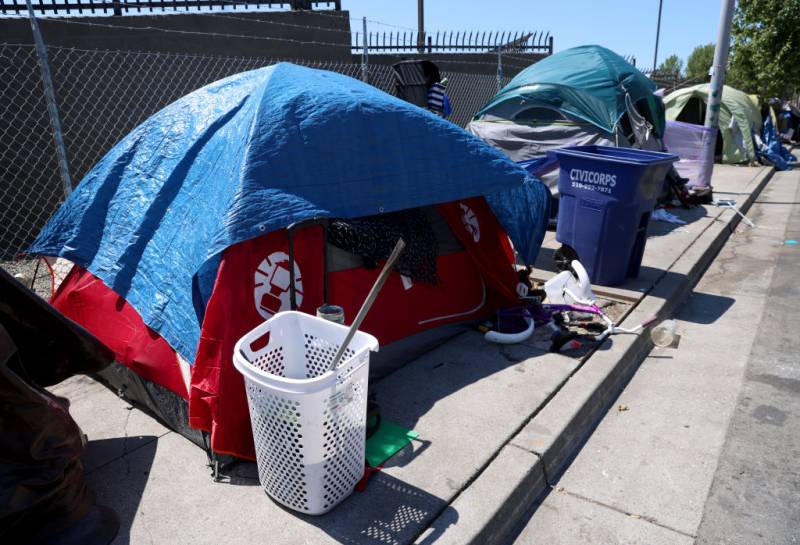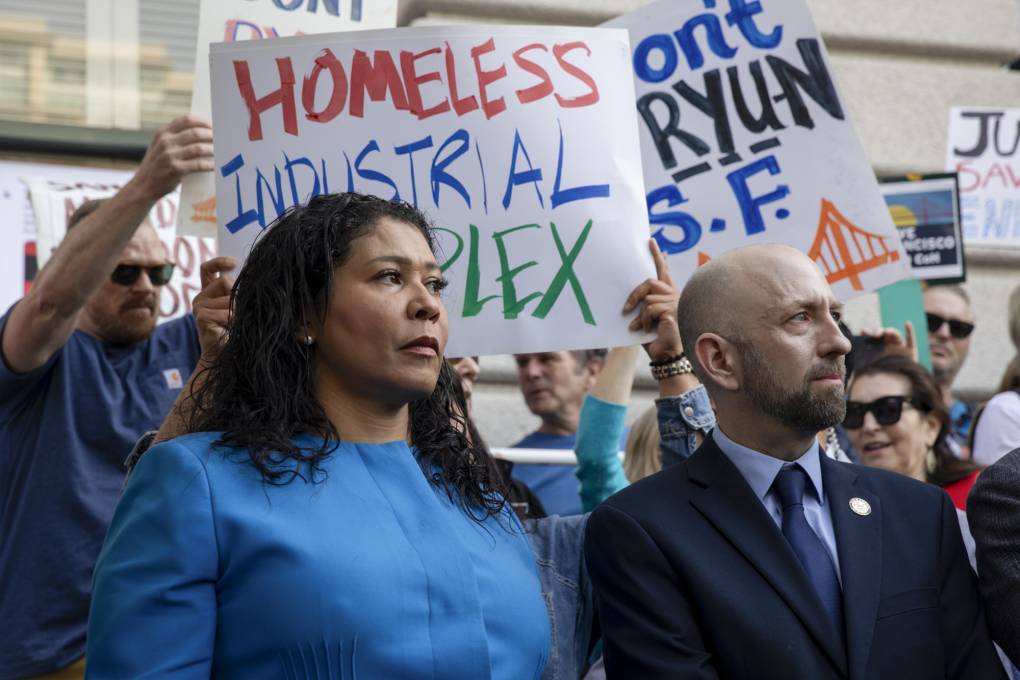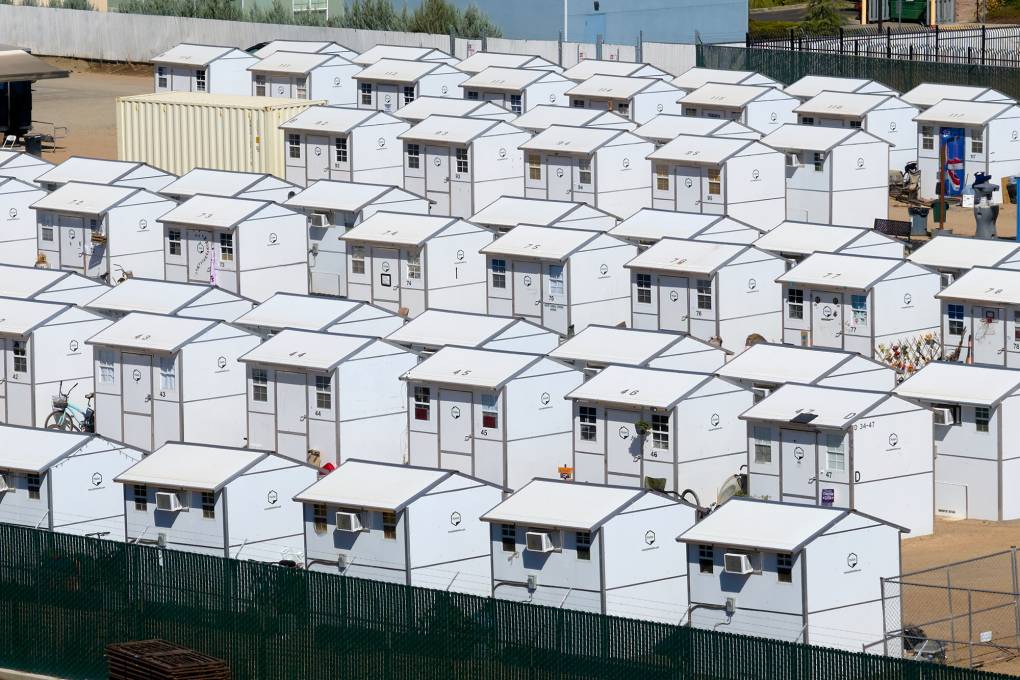Berkeley’s plan to remove two unhoused people living in tents on Eighth Street can move forward, after the city agreed to place them in shelter that is accessible to them.
LeWanda Parnell, 69, and Mike Douglas, 62, filed suit against the city earlier this month, after the city posted notices that it planned to remove the people living at Eighth and Harrison.
Judge Edward Chen ruled Thursday that Parnell could not be removed from her spot until grab bars were installed in the bathroom in the motel room where the city offered her shelter. In the complaint filed Dec. 11, Parnell stated she has a physical disability and experiences frequent falls.
Chen also gave Douglas until Dec. 25 to move, after ruling that the city’s offer of a motel room was adequately accessible. Chen instructed the city attorney to ensure that a list of rules was provided to Douglas within 24 hours. Previously, Douglas had been kicked out of a city-run shelter for breaking rules he said he was unaware of.
Thursday’s decision came after a hearing earlier in the week, where Chen ordered both sides to attempt to resolve the issue out of court and then reconvene.
At the heart of both plaintiffs’ arguments was the nature of accessibility.



